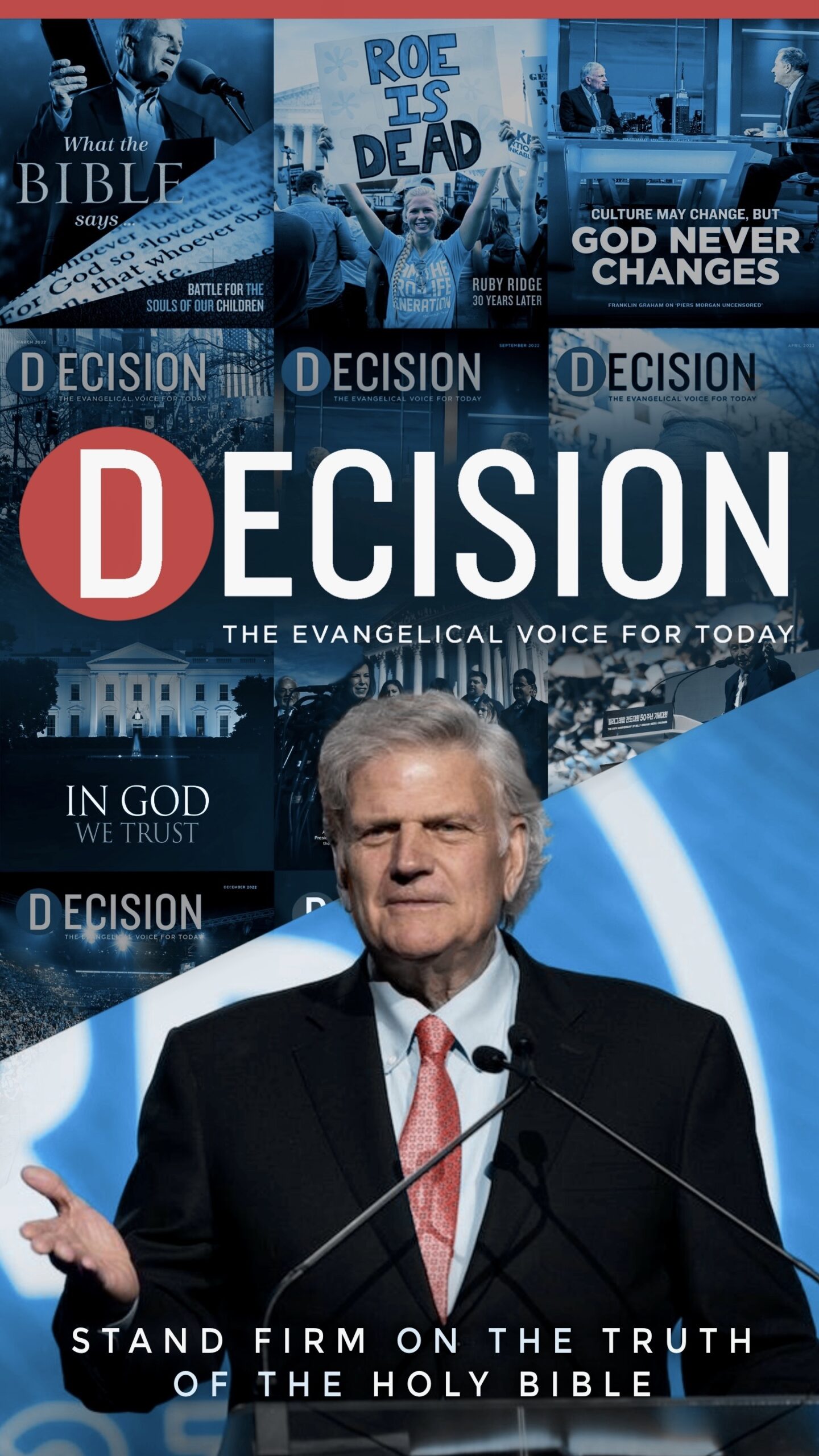In Deuteronomy chapter 6, we read of a prayer that has remained very special to the Jewish people from the time of Moses until the modern day. In Hebrew, it is simply called The Shema. The first line is even well known amongst Christians who hold a deep love for the Jewish people: “Hear, O Israel: The Lord our God, the Lord is one!” (Shema Yisrael Adonai eloheinu Adonai ehad). Even though many people only recite that one line, the Shema actually consists of three paragraphs: Deuteronomy 6:4-9; Deuteronomy 11:13-21 and Numbers 15:37-41. In the simplest of terms, “shema” means “to hear”. But lest we fall into the trap of hearing and not doing, it must be said that the core principle of the Shema is obedience and action.
My focus for this article is Deuteronomy 6:5-7: “You shall love the Lord your God with all your heart, with all your soul, and with all your strength. And these words which I command you today shall be in your heart. You shall teach them diligently to your children, and shall talk of them when you sit in your house, when you walk by the way, when you lie down, and when you rise up.” Because of this command the Shema is considered the centrepiece of morning and evening prayers for the Jewish people. In fact, God’s intention for the Shema is for it to guide the vision and action of every moment of life for His people. Most importantly, I believe it is necessary to emphasise the declaration in verse 7: “you shall teach them diligently to your children”. Why? As we have seen demonstrated throughout the Biblical record and in our own lives, if children are not raised in the ways of the Lord, they will choose to reject Him and in doing so, face the reality of a Christless eternity.
![]()
In Your Inbox
When you examine the landscape of the mission field before us, it holds many challenges. Traditionally, we might consider evangelism as simple as speaking to the next person who crosses our path, but in actual fact evangelism has, to some people’s surprise, become more complex as the world has grown more interconnected. In the past, for evangelism to have any chance of success, missionaries needed to cross geographic, ethnic and socio-economic boundaries. However, there is a new challenge – bridging the generational boundary as younger people retreat into an increasingly digital world.
Generation Z (generally born between 1997 and 2012 and who now comprise approximately 26% of the global population) are the first social generation to have grown up with access to the internet and portable digital technology from a young age, which has left them somewhat susceptible to those wishing to infuse a secular worldview into their outlook. Consequently (and aided by the refusal of their parents to engage with God and His Word), Generation Z contains the highest percentage of individuals who do not hold a Christian faith compared to the other generations. So, based on current data, having been raised in a post-Christian context (especially in Western nations) it would appear that Generation Z is the first truly post-Christian generation. However, rather than throwing them to the digital wolves, the challenge for the modern church is this: we have become adept at formulating mission programs to reach people in other nations, but perhaps it is time to invest the same energy into reaching people in other generations, particularly when they are so disconnected from God due to a failure of parents to pass on Biblical knowledge.
To make my point, let me blend the two missional outlooks together – Generation Z in a foreign nation. In this case, China. Unlike traditional Chinese who respect family and authority, Generation Z is the very first generation to switch the heart of their lives from the real world to the virtual world. In fact, many of them are earning significant wages from a new profession referred to as “avatar shapers”, which is a service offered to people desiring lifelike avatars in the metaverse (for those unfamiliar with the term “metaverse”, may I direct you to a sermon I preached called “God’s Universe or Man’s Metaverse”). Given the niche nature of avatar shaping, it can take up to three months to master, particularly when designing highly defined facial features which match the consumer’s real-world appearance. For both service provider and consumer, they remain completely unaware of the concept of imago dei and therefore spend the bulk of their time, energy and money formulating a new identity they feel best represents them in the digital world. But in 2 Corinthians 5:17 we see the desire of God: Therefore, if anyone is in Christ, he is a new creation; old things have passed away; behold, all things have become new. We must make the point to Generation Z that it is not an avatar in the metaverse that will fill the void in their heart – that void will only be filled by having a saving faith in Jesus Christ.
For China’s Generation Z, achievements in the real world are not considered important. Instead, how to dominate online (especially in gaming) and how to quickly build a network of universal friends across national and linguistic boundaries is considered far more important than success and the creation of personal connections in the real world. The paradox is that while most people suffered from the negative effects of zero-tolerance COVID-19 policies throughout the world and craved real-world connection again, China’s Generation Z, who are devoted to the freedoms of virtual reality, became even more convinced of the advantages in living out one’s life in cyberspace. What they don’t understand is that this is to their ongoing spiritual detriment.
In a recent group meeting among pastors from different regions, they discussed Generation Z, making the observation that in the 200 years of Gospel work in China, this present period of time may pose the greatest challenge. Life’s hardships may sometimes lead people to recognise their need for the Lord in their life, but how can this hope be introduced to young people seeking to perfect, mould and re-make their identity within virtual reality? How do we appeal to Generation Z to leave their digital world and taste and see that the Lord is good, particularly when they feel that the digital world more broadly meets their social, economic and spiritual needs?
The burden to reach the next generation must not just be left to a few. It is incumbent upon the church as a whole to invest resources and prayer towards Generation Z. The world and its tech conglomerates are offering Generation Z countless possibilities, particularly as the new world of the metaverse unfolds.
But their excitement about the possibilities of the metaverse will soon give way to the terror of a Christless eternity if they are not reached with the Gospel.














